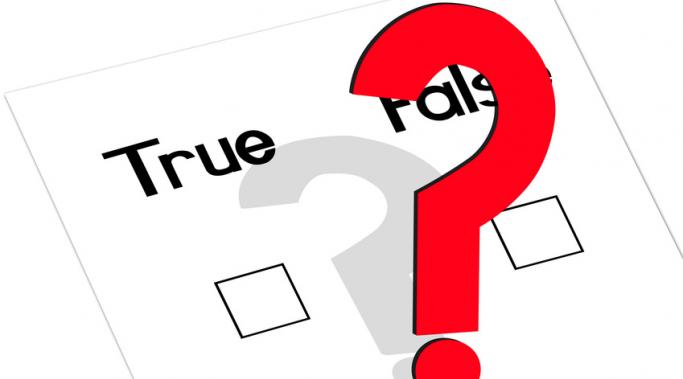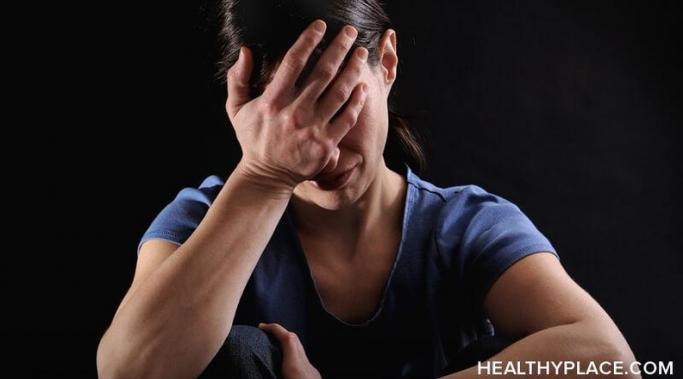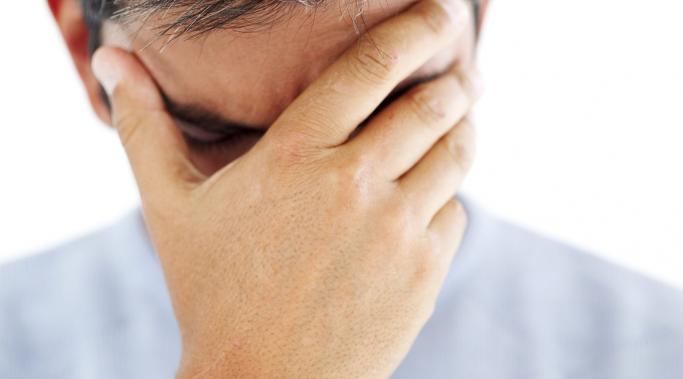People with bipolar display emotion perhaps more than most. For example, there are few places in this small city in which I haven’t cried. And some of those displays of emotion are entirely linked to bipolar disorder. If I wasn’t bipolar, I wouldn’t have had them. However, some displays of emotion are not tied to bipolar at all, and yet, no one seems to understand this.
How Others See Bipolar
People judge others. It’s just what we do. It’s basic human psychology. We judge them as beautiful or not. We judge them as happy or not. And fairly frequently, we judge them as being successful or not.
And this goes for people with bipolar disorder too. Often people look at the lives of others with bipolar disorder and determine whether they are “well” or “sick” and how successful that person with bipolar disorder really is.
There’s just one problem with this: looking at a person with bipolar from the outside only tells half the story (if that).
There is legislation in the United States that prevents people from being discriminated against based on an illness - and this includes mental illness. So, then, there should be no discrimination against those with bipolar disorder in the workplace. Right?
“Oh, she’s so bipolar.”
You’ve probably heard someone say this about someone they don’t like. You’ve probably heard someone use the term “bipolar” as an insult. It’s sort of in from a pop culture standpoint.
And while I don’t believe in taking offense when someone uses a term like “crazy” in a non-hurtful way, I certainly do take offense when someone uses a genuine illness and slings it like mud.
And while I’m perfectly capable of understanding that the person who said it is simply ignorant and it should have no effect on me, the fact is, hearing your illness being used as an insult is hurtful and it is hurtful to your self-esteem.
I think we've all heard it - people using mental illness terms to describe something other than mental illness. But if you say, "The weather is sure schizophrenic today," is that okay? How about if you say, "Man, that girl sure is bipolar," after your friend gets angry with you. Is that okay?
In this video I look at ways that people using mental illness terms outside of talking about serious health issues and discuss whether this is acceptable or not.
I have a question: why is it that some people can’t accept the evidence of mental illness? I mean, it’s not like we’re basing our knowledge on one or two studies – we’re basing our knowledge of mental illness on study after study after study. First there were observational studies, then familial ones, then genetic and then brain-mapping ones. It’s not a tiny amount of data we have here, there’s oodles of it. And yet, people are prepared to say that all the science is flawed and that mental illness doesn’t exist or that the effects of mental illness aren’t real? I just don’t get it.
How many times of you heard, "oh, you can't date her, she has bipolar disorder." Well, okay, you might not have heard it, but many of us have been on the business end of that idea. People have advised others never to date us because we have bipolar disorder. In this video I talk about the stigma of dating someone with bipolar disorder and how it's just prejudice that produces statements like the above.
Twice lately I have heard people say that the secret to curing depression is just keeping yourself wickedly busy. If you’re busy enough, they say, you’ll have no time to be depressed. (I didn’t realize that one needed to book an appointment for depression.)
This, of course, is absolutely hogwash and just one of the dumb ideas that people with no experience with major depression have. It’s just one of the ideas we have to politely roll our eyes at and then get on with the business of actually treating our depressions.
It’s time to dispel another myth that ticks me right off. This particular myth is that mental illness is but a symptom of childhood abuse. People who think this claim that simply by getting therapy and dealing with this abuse, the mental illness symptoms will go away. Bipolar – cured! Yay!
This, of course, is absolute nonsense.
Many of us know a person who has suffered a bad bipolar outcome. Perhaps the person has lost their friends and family because of bipolar. Perhaps the person lost their job because of their bipolar moods. Perhaps the person became so unwell they ended up on the street. Perhaps the person was driven to suicide.
Those are all very scary and worrying outcomes from a mental illness and, the trouble is, they’re real. I can’t take away your fear and worry by telling you that these things don’t happen because that would be a lie. These things do happen, every day.
But that doesn’t mean that there aren’t things you can do to fight the fear and worry that surrounds bipolar disorder.









